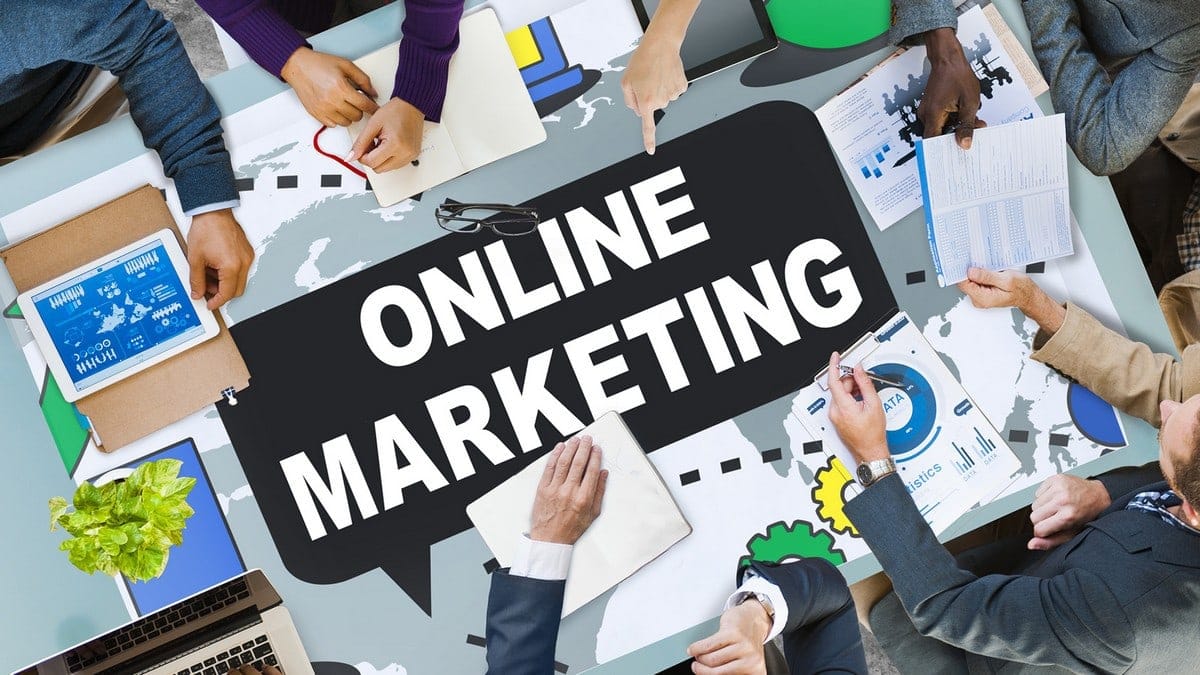Online marketing
What is online marketing?
Online marketing is the practice of leveraging web-based channels to spread a message about a company’s brand, products, or services to its potential customers. The methods and techniques used for online marketing include email, social media, display advertising, search engine optimization, Google AdWords and more. The objective of marketing is to reach potential customers through the channels where they spend their time reading, searching, shopping and socializing online.
Widespread adoption of the internet for business and personal use has generated new channels for advertising and marketing engagement, including those mentioned above. There are also many benefits and challenges inherent to online marketing, which uses primarily digital mediums to attract, engage and convert virtual visitors to customers.
Online marketing differs from traditional marketing, which has historically included mediums like print, billboard, television and radio advertisements.
Before online marketing channels emerged, the cost to market products or services was often prohibitively expensive, and traditionally difficult to measure. Think of national TV ad campaigns, which are measured through consumer focus groups to determine levels of brand awareness. These methods are traditionally not well-suited for controlled experimentation. Today, anyone with an online business (as well as most offline businesses) can participate in online marketing by creating a website and building customer acquisition campaigns at little to no cost. Those marketing products and services also have the ability to experiment with optimization to fine-tune their campaigns’ efficiency and ROI.
Benefits of online marketing
A key benefit of using online channels for marketing a business or product is the ability to measure the impact of any given channel, as well as how visitors acquired through different channels interact with a website or landing page experience. Of the visitors that convert into paying customers, further analysis can be done to determine which channels are most effective at acquiring valuable customers.
Analytics for web or mobile app experiences can help determine the following:
- Which online marketing channels are the most cost-effective at acquiring customers, based on the conversion rate of visitors to customers, and the cost of those visitors.
- Which channels are effective at acquiring and driving higher value for customers — such as email marketing, which drives repeat purchases to prior customers.
- Which cohorts of customers exhibit strong engagement behavior and high potential for upsells — such as software or mobile apps, which expect to sell more products to customers with high engagement.
Online marketing tools
There are a number of tools that can be used to build and maintain a robust online marketing program:
- Email marketing
- Social media marketing
- Search engine optimization (SEO)
- Display advertising
- Search engine marketing (SEM)
- Virtual events & webinars
- A/B testing & website optimization
- Content marketing
- Video marketing
- Marketing analytics
- Marketing automation
- Customer relationship management (CRM)
- Content management system (CMS)
- Pay-per-click (PPC) advertising
- LinkedIn ads
- Affiliate marketing
Online marketing is also known as internet marketing, web marketing, digital marketing and search engine marketing (SEM). Online advertising and internet advertising are techniques involved with online marketing, but are not synonymous with online marketing.



